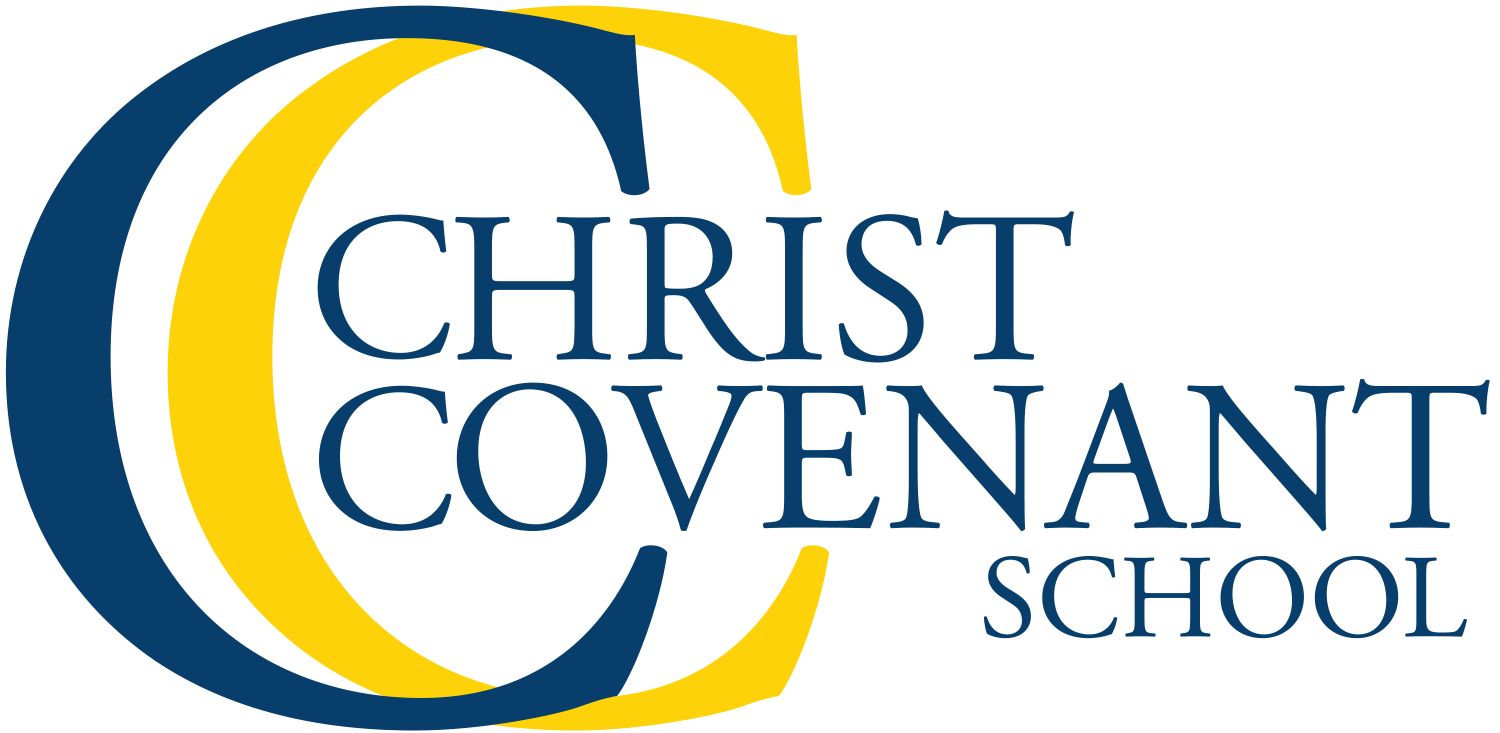Curriculum
We must remember that intelligence is not enough. Intelligence plus character—that is the goal of true education.
— Dr. Martin Luther King, Jr.
Biblical worldview serves as the foundation for academics at Christ Covenant School. Our curriculum is not only textbooks–it is a rich, disciplined instructional process that strives to offer opportunities for discovery, personal development, and growth. Our curricular approach seeks to develop the mind and challenge the heart by fostering a learning environment that values intellect and instills biblical values. Our curriculum is challenging and engaging and recognizes the value in the uniqueness of each individual student. It is understanding and believing that Jesus Christ is our chief cornerstone in every area of life.
Arts
The Art Department fosters knowledgeable young artists who bring glory to God through music, singing, painting, sculpture, photography, theater, and ballet. We train our students to think biblically about art and artistic development. We are proud to have many students compete and win competitions on the district and state level. Local and regional musicians and ballerinas share their talents in some of our special chapels. Our Music Department continues to present annual productions that give your child the unique opportunity to participate in class plays and introduce students to different types of music, musical instruments, and music history as a means to glorify God. Additionally, our Outback program provides opportunities for instrument lessons in the afternoon. Lower, Middle, and Upper School students perform sell-out fall theater productions while our Middle and Upper School students perform a spring musical. Our Middle and Upper School students experience a wide range of artistic disciplines, including chapel worship team, drumline, theater class, and art classes that include school-wide art shows as well as district and state competitions.
Bible
6th Grade Bible
This course is designed to be an introduction to the entire Bible and its focal point – the Lord Jesus Christ. Our goal is to see the “big picture” of the Bible as we trace the major contours of its storyline from Genesis to Revelation. The story begins with God’s people living in God’s place under the rule of God’s King. Sin ruined our relationship with God, each other, and His world, and led ultimately to exile and death. However, God promised to send a Savior to rescue His people, judge His enemies, and reverse the curse of the Fall. And over the course of the year, we will see how the Lord fulfilled this great promise!
7th Grade Bible
This course introduces students to foundational Christian doctrines as outlined in Wayne Grudem’s Christian Beliefs, which is a condensation of his larger text, Systematic Theology. Over the course of the year, the class will explore critical questions such as, “What is the Bible?”, “What is the Trinity?”, “What is prayer?”, “What is man?”, “What is sin?”, “Who is Christ?”, “What is justification?”, “What is the church?”, “ What is death?”, and “What will happen when Christ returns?”. In many respects, the Grudem text is merely a jumping off point: we will spend most of our time in the Bible. Furthermore, we will supplement our class text with readings from Augustine, Aquinas, Martin Luther, J. C. Ryle, J. I. Packer, and others. We will conclude the course by exploring basic Christian doctrine in narrative form as we study John Bunyan’s The Pilgrim’s Progress together.
8th Grade Bible
The purpose of this course is to help students construct a biblical worldview based on the great biblical themes of creation, fall, redemption, and consummation. In the first quarter, students will delve deeply into Genesis 1-3 to examine the Bible’s foundational teaching on God, creation, man, gender, work, morality, sexuality, marriage, sin and its effects, death, and the hope of salvation. In the second quarter, students will compare and contrast the biblical teaching on these critical subjects to other worldview paradigms, such as deism, naturalism, nihilism, existentialism, eastern pantheistic monism, and other world religions including Islam, Judaism, and Christian cults. The third quarter will be devoted to apologetics. Students will be exposed to some of the most common objections to the faith and learn to respond to them with truth and love. In the final quarter of the year, students will look at the Christian worldview from “the other side,” so-to-speak, as we study C. S. Lewis’s The Screwtape Letters together.
8th Grade Bible: Apologetics Topics
- Is the Bible trustworthy?
- What is the fate of those who never hear the gospel?
- Aren’t all religions equally true?
- Aren’t all religions equally false?
- Hasn’t science disproven Christianity?
- Isn’t faith irrational?
- How can you be sure Christ rose from the dead?
- The Problem of Christian Divisions
- The Problem of Hypocrisy
- The Problem of Evil
- I don’t need no religion!
- The Church is responsible for so much injustice
- How can a loving God send anyone to Hell?
Upper School Bible
Our Upper School Bible course are taught in seminar style. Ninth, tenth, and eleventh graders meet together and cover three courses in a three-year cycle. Cycle A is Spiritual Formation, which focuses on classical works of personal devotion. Cycle B focuses on the early works of C.S. Lewis. Cycle C focuses on some of the foundational texts of Great Tradition, both classical and Christian. The twelfth grade year will be a capstone course devoted to some of the most pressing issues of contemporary apologetics.
History
Christ Covenant students grow in knowledge of our ever-changing world. From ancient Greece and Rome to present day events happening all over the globe, our goal is that students know that God is sovereign and in control of all history. God is redeeming His broken world, and we are working out God’s divine plan. Living History Days are tremendous learning opportunities for students to have a first-hand experience with a time period they have studied. They also have opportunities to extend topics of study through local field trips, including the Old Capitol Museum in Jackson and the World War II Museum in New Orleans. Middle School students extend their studies on out-of-state trips, such as the Mammoth Cave, Creation Museum, and the Ark Encounter. In the classroom, Middle School students start their time in the ancient world studying the Babylonian Empire, ancient Egypt, ancient China, and the Roman Empire. Seventh grade students study Creation through geography as well as culture, incorporating maps of where missionaries are serving around the world to lost people groups. In eighth grade, CCS students take an in-depth look at the history of the United States from its earliest beginnings. In ninth grade, students study the history of Mississippi as well as a basic civics course to better understand our own history and to better understand the day-to-day running of cities, states, and our nation. Tenth grade students study world history. Eleventh grade students return to the United States history , and twelfth graders study national and global economic systems and the U.S. government. To see history through a biblical worldview is to better understand God’s ever unfolding plan for us.
Math
We are committed to training our students to be capable of complex mathematical thinking resulting from a true conceptual understanding of math. A concepts-based curriculum where students grasp the concepts of mathematical problem-solving serves students better than a procedure-oriented curriculum where students only memorize steps for a test. Our elementary program, BJU Press, provides multiple paths to math comprehension with exercises that engage different learning styles. This curriculum uses manipulative resources to allow students to touch and see math as the concepts are solidifying in their minds. Teachers add biblical integration to produce Christian worldview thinkers. In addition to this program, teachers incorporate speed drills for fast recall of facts. Classroom computer programs also offer a fun practice and review dimension to our math curriculum. Middle School students use the foundations set by the elementary curriculum to move from a concepts-based program to an application-based program. In order to be ready for all aspects of mathematics, sixth grade students cover concepts in geometry, algebra, and proportional relationships. Our seventh grade students progress to Pre-Algebra, where they begin to work at a faster pace and learn skills necessary for success in the next year. Our eighth grade students can take a course called Fundamentals of Algebra, or they can pursue an advanced course of Algebra I if math is an area of strength. If they pursue Algebra I, the credit from that class can transfer to the student’s high school transcript. All levels of classes are designed to fully equip students for success in their high school years. Students in Upper School take Algebra I, Geometry, and Algebra II. Online options are available including Consumer Math.
Physical Education
All students have time to be children through playing and being outside. We believe it is important for our students to exercise and to enjoy physical fitness opportunities on a daily basis. Students in preschool, kindergarten, and first grade attend Kids in Motion, an innovative P.E. program focusing on fine motor and gross motor skill development in young children. Our second through fifth grade students have scheduled P.E. and recess times. Each morning before school starts, elementary students have the option to participate in Warrior Wake Up, a research-based program that indicates physical movement in the morning is related to increased mental clarity and long term academic success. Additionally, we offer as many as ten organized sports, including competitive athletics every quarter for Middle and Upper School students.
Language Arts
Christ Covenant School offers a full language arts program, which includes phonemic awareness, phonics, spelling, handwriting, grammar, Greek and Latin roots word study, fluency, comprehension, literary analysis, and composition. We aim to train young minds to think critically and biblically about fiction, nonfiction, poetry, and the stage while using God’s story of Creation, Fall, Redemption, and Consummation as the framework. Like any school of rigor, we add our own unique components as we work to diligently construct and maintain an excellent design. Our desire is to challenge students to read fluently, comprehend deeply, think critically, and write effectively.
Phonemic awareness is a focus in our early years of Preschool and Lower School. Through S.P.I.R.E., our students learn to decode letters, words, and sentences. Building on that foundation of reading, we move to Foundations and Frameworks for a comprehensive approach to reading comprehension. Complementary additions to our curriculum include our beautifully-appointed Lower School library with more than 5,000 titles, the teaching of library and research skills, and the incorporation of multiple styles of book reports and literary analysis essays. We also utilize the Accelerated Reader software, SRA reading labs in each classroom, and purposeful summer reading, all of which can be of particular help in meeting the needs of both the challenged and accelerated readers.
Middle and Upper School students continue the study of Greek and Latin root words. In sixth grade, students begin daily grammar practice to drill grammatical rules and concepts as well as specific language units on the parts of speech and sentence parts, all of which help strengthen sentence structure and composition.
Sixth through eleventh grade English classes includes literary units such as To Kill a Mockingbird, Lord of the Flies, and Animal Farm. Each Upper School grade studies at least one play by Shakespeare. Each grade assigns Outside Reading Assignments that allow students the opportunity to apply critical thinking skills to a creative project that reflects a book of choice. Essays in Middle and Upper School include literary analysis, argumentative, worldview analysis, and research essays.
Science
Teaching students to think scientifically while thinking biblically is essential. Our science faculty use Genesis Chapter 1 as a jumping off place to study God, His creation, and His image-bearers. We use BJU Press, which is packed with demonstrations, experiments, and the wonder of scientific discovery. It has been wonderful to watch the piqued interest of our students and to hear how many have claimed science as a favorite subject. All students have access to our well-appointed science lab on the third floor, whether it’s through our exciting Super Science weekly labs for Lower School or through Middle and Upper School science classes. Lower School students enjoy an extension of their topics of study with local field trips, such as the Natural History Museum. Students work throughout the different growing seasons in our school’s Educational Garden. From planting to harvesting to cooking and eating, our students are taught the importance and origin of our vegetables.
Our Middle School students cover general science in sixth grade, life science in seventh grade, and physical science in eighth grade. Upper School students study biology, chemistry, anatomy and physiology, genetics, and physics.
Technology
The Technology Department desires that all of our students see digital usage from a biblical perspective and so our worldview training for technology starts early. Computer usage and digital citizenship are vital parts of training students to use technology throughout all our academic and extracurricular disciplines. Christ Covenant combines apps in the Google Suite and in our school-wide learning management system Schoology to facilitate digital learning. Our teachers use ClearTouch monitors and Elmo devices in classrooms. Students use school-issued ipads in kindergarten through eighth grade. Upper School students use school-issued MacBook and teaching microscopes, which all contribute to state-of-the-art technology tools that help bring learning to life. Our school also utilizes a live curriculum in our computer classes, as opposed to a textbook or published curriculum. Student learning includes applications, such as tracking plant growth on Google Sheets, book reports on Google Slides, academic newsletters on Publisher, graphing weather systems, enhancing reports with computer graphics, and much more. Our 3D print lab and virtual reality consoles provide Middle School students with hands-on learning.
Enrichment and Electives
Lower School Students have one enrichment class daily including music, art, computer, Super Science, and library. Middle School students have a variety of sixth and seventh period electives including athletics, art, pottery, advanced technology, study hall, and computer applications. Upper School students take electives toward graduation in foreign language, technology, and the arts.

Academic excellence and biblical worldview await.
Learn More
© 2023 Christ Covenant School. All rights reserved.


